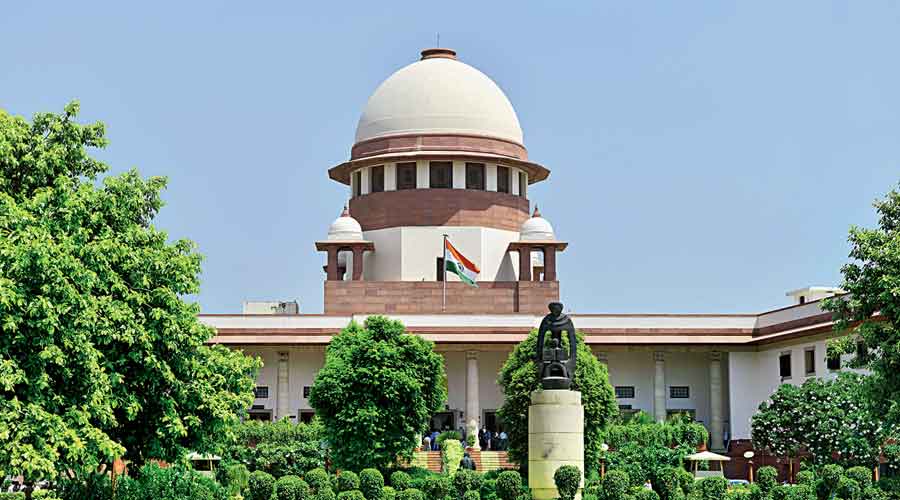On Thursday, in response to petitions filed by NewsClick founder Prabir Purkayastha and the company’s HR head, Amit Chakravarty, the Supreme Court of India took an important step by issuing a notice to the Delhi Police. The petitions challenge their arrest and subsequent imprisonment under the Unlawful Activities (Prevention) Act (UAPA), a rigid anti-terrorism law in India.
A Bench led by Justice BR Gavai intended the Delhi Police to give a response to the petitions and scheduled a hearing for October 30. This development follows the delegation of senior advocates Kapil Sibal and Devadatt Kamat, who are representing Purkayastha and Chakravarty, urging the Bench to examine the matter with urgency. The urgency arises from the fact that the accused have been in jail since their arrest on October 3.
Purkayastha and Chakravarty’s legal challenge stems from their disagreement with the Delhi High Court’s previous verdict, which dismissed their petitions against the arrest and remand under the UAPA. This case has been a matter of growing concern and debate, especially regarding the balance between national security and individual liberties.
The initial arrest took place on October 3 when the Special Cell of the Delhi Police lodged a case against the duo under the UAPA. The charges against them allege that they received funds to spread pro-China propaganda, which was perceived as a threat to India’s sovereignty and intended to create disaffection against the country. It claimed that substantial funds from China were funneled into the NewsClick portal to destabilize India during the 2019 general election.
Purkayastha is also accused of conspiring with a group called the People’s Alliance for Democracy and Secularism to sabotage the electoral process. On October 10, the trial court ordered them into judicial custody for 10 days.
The High Court’s decision to reject their petitions was based on its belief that there were no procedural errors, legal violations, or constitutional issues regarding the arrest. The High Court also emphasized that offenses under the UAPA have a direct impact on the stability, integrity, and sovereignty of the nation, considering them of utmost importance in terms of national security.
In light of a recent Supreme Court ruling in the case of Pankaj Bansal, the High Court made a suggestion that the police should provide written grounds for arrest, while being cautious about disclosing sensitive information. This suggestion reflects an effort to strike a balance between transparency in legal proceedings and the protection of sensitive national security information.
The Supreme Court’s decision to issue a notice and review this case demonstrates its willingness to examine the application of anti-terrorism laws and the protection of individual rights. The upcoming hearing will likely shed more light on the complexities and implications of this case, which has gathered significant attention and debate in India.

